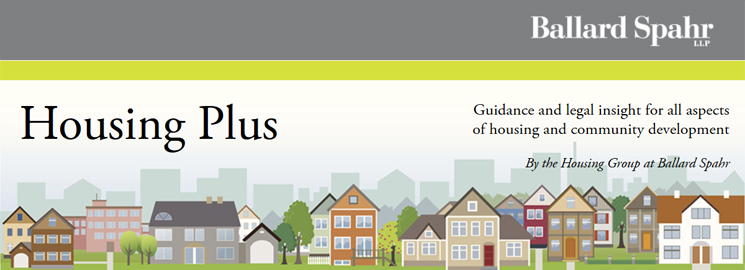
On July 24, 2014, Rep. Pete Gallego (D-Texas) introduced legislation in the House of Representatives that would amend Section 42 of the Internal Revenue Code to provide for an appeals process for HUD Qualified Census Tract (“QCT”) and Difficult Development Area (“DDA”) designations. The text of the bill, H.R. 5198, can be found here.
H.R. 5198, which has been referred to the House Committee on Ways and Means, would allow any state or local governmental agency to appeal the Secretary of Housing and Urban Development’s designation (or failure to make a designation) of an area within the entity’s jurisdiction as a QCT or DDA within 120 days of the Secretary’s publication of the list of QCTs and DDAs for the calendar year. A new or revoked designation would be effective retroactively to the beginning of the applicable calendar year. If a new designation would cause a violation of the applicable population restrictions for QCTs and DDAs, such new area would be substituted for the last of the areas designated by the Secretary as necessary to comply with Sections 42(d)(5)(B)(ii)(II) and (iii)(II) of the Code.
The bill also provides that any landowner whose property is in a “census block group” (i.e. a subdivision of a census tract that is generally defined to contain between 600 and 3,000 people) or equivalent geographic area may petition the Secretary to designate such area as a QCT.
This will be an interesting bill to follow because it appears to be revenue neutral, and it could be a helpful tool for affordable housing development in communities with shifting demographics. QCT lists are updated once every ten years in accordance with census data, and there is certainly room for a jurisdiction’s affordable housing needs to change during that ten year window. Allowing a governmental entity to shuffle its eligible QCT/DDA areas in accordance with real-time demographics would allow it to efficiently target low-income housing tax credit investment in the areas that are most in need.